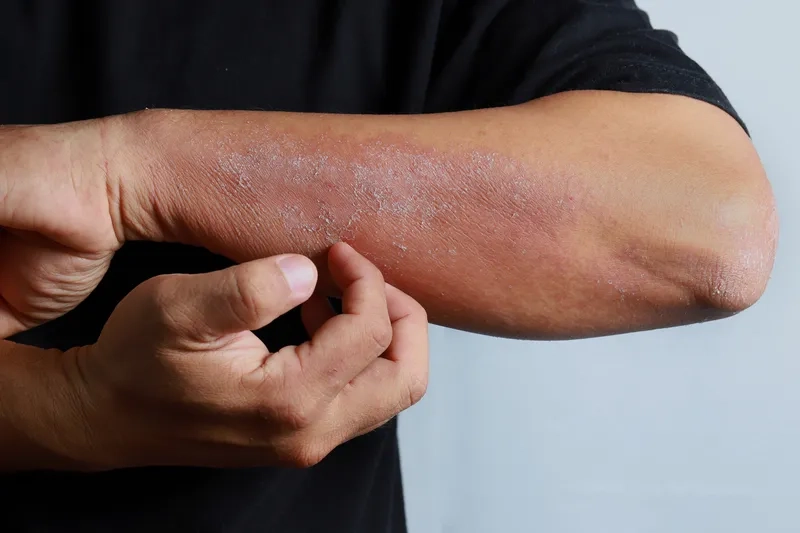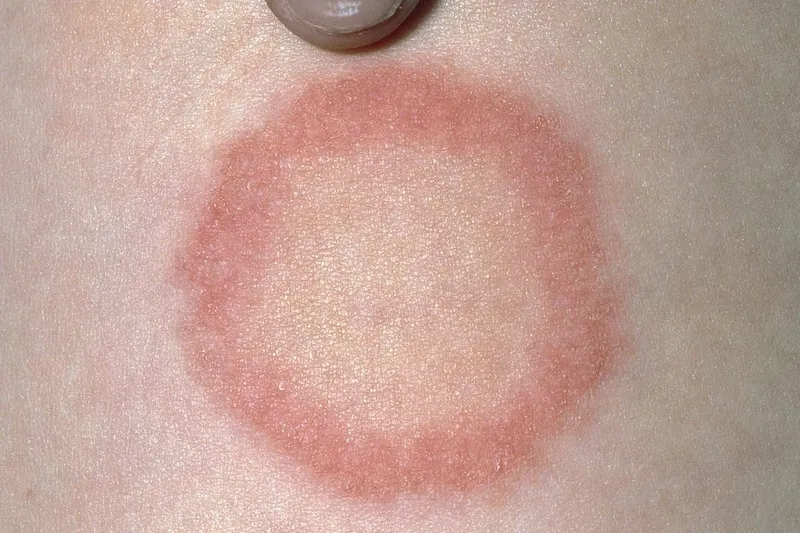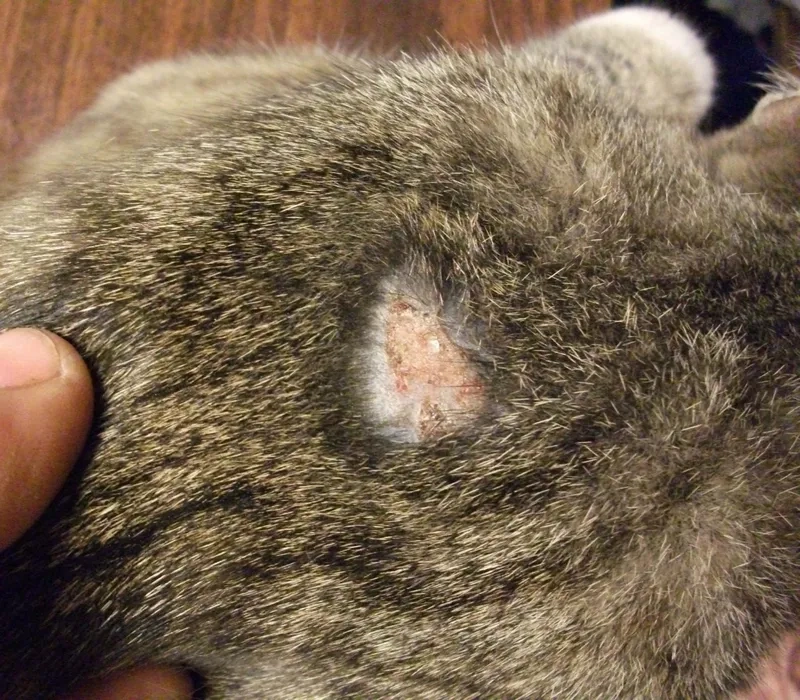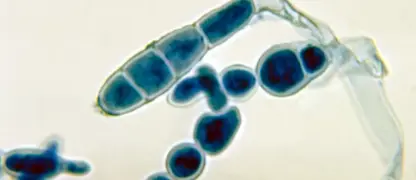Don't let that itchy, circular rash spread. Understanding the signs of ringworm is the first step to finding fast relief and preventing its transmission to family and friends. This guide breaks down what you need to know.
What are the main causes of Ringworm?
- What is ringworm? It's a common fungal infection on the skin, not caused by a worm, that thrives in warm, moist areas of the body.
- How do you get ringworm? It spreads through direct skin-to-skin contact with an infected person or animal, a primary cause of ringworm in humans.
- This infection is highly contagious and can also be contracted by touching contaminated items like towels, combs, or locker room floors.

Key symptoms of Ringworm to watch for
- The classic ringworm symptom is a red, scaly, and itchy circular rash with a raised border, known medically as tinea corporis. [See pictures of ringworm]
- A key difference in the ringworm vs eczema debate is that ringworm often has a clearing in the center, creating its distinct ring-like appearance.
- Ringworm on the scalp (tinea capitis) is different, often causing itchy, scaly patches of hair loss that require specific medical treatment.
How can you prevent Ringworm effectively?
- Effective ringworm prevention includes keeping your skin clean and dry, avoiding sharing personal items, and wearing footwear in communal showers.
- How to get rid of ringworm often involves using an over-the-counter antifungal cream for ringworm, like those containing clotrimazole for ringworm.
- While some people try home remedies for ringworm, a confirmed infection is best treated with proven antifungal medications to ensure complete eradication.
>>> Don't miss: Pneumocystis pneumonia - A risk for the immunocompromised
Images visual examples of Ringworm







>>> See more: Pityriasis versicolor - A common fungal skin condition
Swift action is key to managing this common fungal infection. If symptoms persist or worsen after using over-the-counter treatments, consult a healthcare professional for a proper diagnosis.
>>> See details: Paracoccidioidomycosis - A systemic fungal infection





